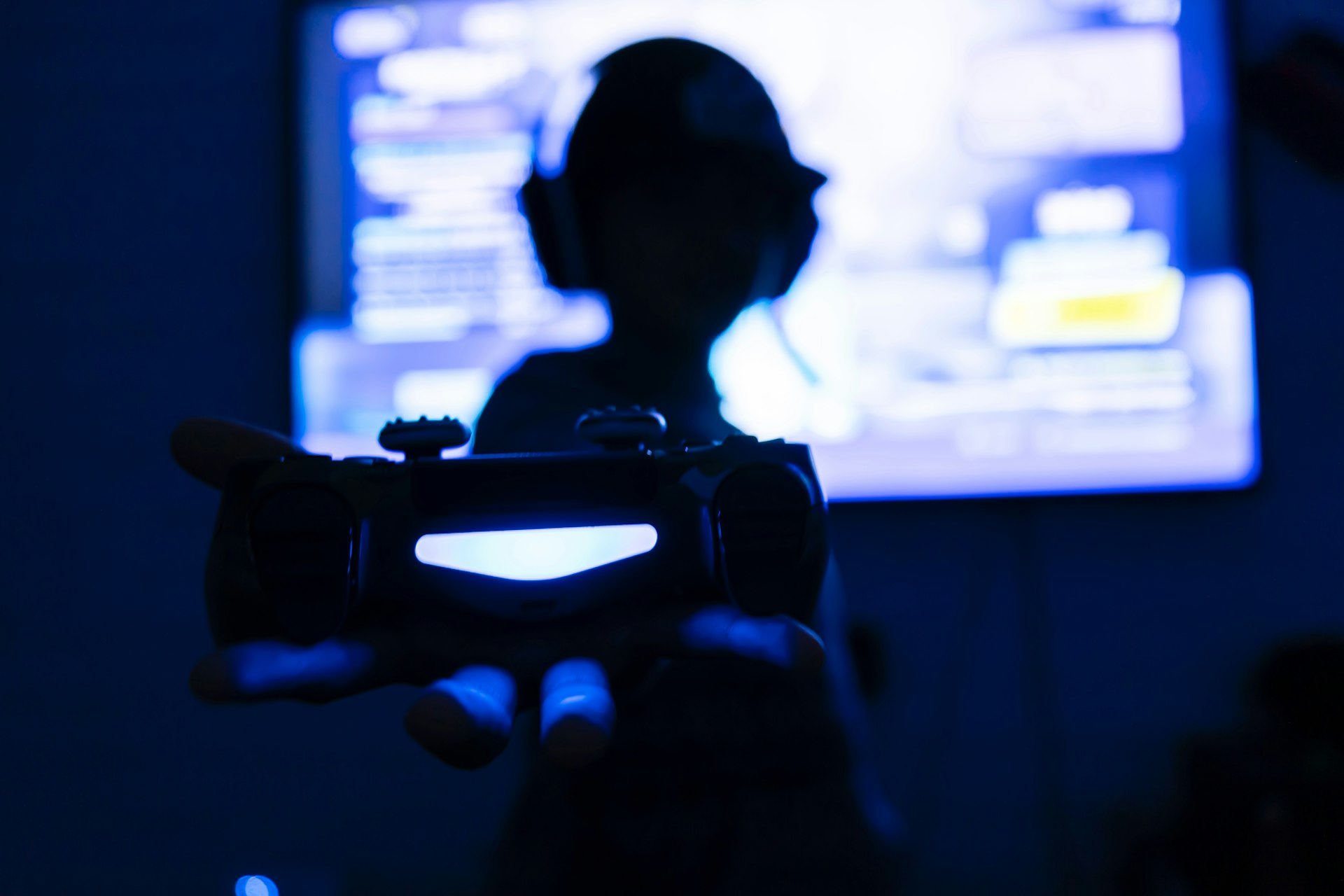Unlocking Connection: The Power of Social Interaction in Online Gaming

Photo by Thandy Yung on Unsplash
Introduction
Online gaming has evolved beyond mere entertainment to become a dynamic social platform, fostering meaningful connections among players worldwide. Today, millions participate in multiplayer games that transcend geographic boundaries, creating opportunities for friendship, collaboration, and emotional support. This article examines the multifaceted role of social interaction in online gaming , providing actionable insights for players, families, and gaming companies seeking to maximize its benefits while addressing potential challenges.
The Social Landscape of Online Gaming
Multiplayer online games are robust environments for communication and interaction. Players can engage in real-time conversations, strategize with teammates, and participate in global events. These platforms often include multilingual features, helping bridge diverse cultures and foster virtual camaraderie.
[2]
Research shows that engagement in massively multiplayer online games (MMOs) correlates with a stronger sense of social identity. Gamers identify with their groups, which can boost self-esteem, social competence, and reduce loneliness.
[4]
Building Friendships and Community
Online games provide a unique space for forming and maintaining friendships. For many, these connections are as genuine and enduring as offline relationships.
[4]
Shy individuals or those facing social difficulties often find online gaming a more accommodating environment, allowing them to overcome barriers to friendship formation and access new social contacts.
[1]
Researchers have documented that high emotional sensitivity (ES) players report greater social online video game play and a higher number of online friends. These relationships can also extend to maintaining offline friendships within online environments, demonstrating the power of games to facilitate real-world social bonds.
[1]
Bridging Social Gaps and Fostering Belonging
Online gaming is particularly valuable for individuals who are geographically isolated or experiencing loneliness. Studies indicate reductions in loneliness and depression among gamers who actively participate in online communities.
[4]
During the global COVID-19 pandemic, social gaming played an essential role in maintaining contact with friends and co-workers, supporting both bonding and bridging social capital.
[5]
Bonding social capital refers to close-knit relationships, while bridging capital involves broader, more diverse connections. Both are crucial in fostering a sense of belonging and maintaining mental health.

Photo by Afif Ramdhasuma on Unsplash
Practical Strategies for Enhancing Social Interaction
For Players:
- Engage in team-based or cooperative games to nurture collaboration and communication skills.
- Join gaming communities or guilds to expand your social network and participate in shared events.
- Use in-game chat and voice features responsibly to build trust and rapport.
- Practice inclusivity by welcoming newcomers and respecting cultural diversity.
For Parents and Families:
- Encourage children to play age-appropriate games with positive social environments.
- Discuss digital citizenship and safe online behavior to help children navigate social challenges.
- Monitor playtime to ensure gaming complements, rather than replaces, offline relationships.
For Gaming Companies:
- Design games with built-in social features, such as guilds, events, and philanthropic initiatives.
-
Promote charitable activities within games to deepen players’ sense of community and brand intimacy.
[2]
- Support moderation and reporting tools to create safer, more inclusive player environments.
Challenges and Solutions
While
social interaction in online gaming
offers many benefits, it also presents challenges. Excessive reliance on online relationships can contribute to problematic gaming behaviors and gaming disorder.
[3]
Studies show that intense in-game social interaction increases online social capital, which, while beneficial, is also linked to increased risk of gaming disorder for some individuals.
To mitigate risks:
- Balance online and offline social interactions.
- Seek support from friends and family if gaming begins to interfere with daily life.
- Use digital wellness tools available on many gaming platforms to monitor play habits.
- Consider professional help if symptoms of gaming disorder emerge; search for licensed mental health professionals with expertise in digital wellness.
Alternative Approaches and Future Directions
Not all social gaming must occur within large MMOs or competitive titles. Cooperative puzzle games, casual mobile apps, and virtual reality experiences also foster meaningful social engagement. Players can explore forums, Discord servers, and official game social hubs to find communities that match their interests.
For those seeking more formal support, many organizations and research institutions conduct ongoing studies on the effects of gaming. Consider searching academic portals for the latest findings, or contacting industry groups like the Entertainment Software Association for resources and guidance.
As technology evolves, new opportunities for social connection in gaming will emerge. Features like cross-platform play, customizable avatars, and AI-driven matchmaking will likely enhance social experiences and inclusivity.
How to Access Social Opportunities in Online Gaming
To maximize your social experience in online gaming:
- Choose games with active communities and robust social features (look for official forums, Discord channels, and in-game events).
- Join established guilds, teams, or social groups by searching for community hubs on official game websites or reputable social platforms.
- Participate in philanthropic or community-driven gaming events, often listed on official game or publisher sites.
- Stay informed about digital wellness by consulting academic research and industry guidelines.
- If you need support with gaming-related challenges, search for licensed mental health professionals or digital wellness specialists using terms like “gaming disorder” and “online social capital.”
When seeking new communities or support, always use verified sources such as official game websites, recognized industry organizations, and academic institutions. Avoid unverified or third-party sites that may not provide accurate or safe information.
Conclusion
Social interaction in online gaming is a powerful force for connection, personal growth, and community building. By embracing best practices and remaining mindful of potential challenges, players and stakeholders can ensure that online gaming continues to be a positive, inclusive, and enriching experience.
References
- [1] Kowert, R. et al. (2014). The Relationship Between Online Video Game Involvement and Friendship Formation.
- [2] Zhang, X. et al. (2025). How multiplayer online games can yield positive effects on players and communities.
- [3] Chen, C. et al. (2020). In-game Social Interaction and Gaming Disorder.
- [4] Kaye, L. et al. (2021). The Real Benefits of Video Games: Cognitive, Emotional and Social.
- [5] Perry, B. et al. (2022). Importance of Social Videogaming for Connection with Others.



